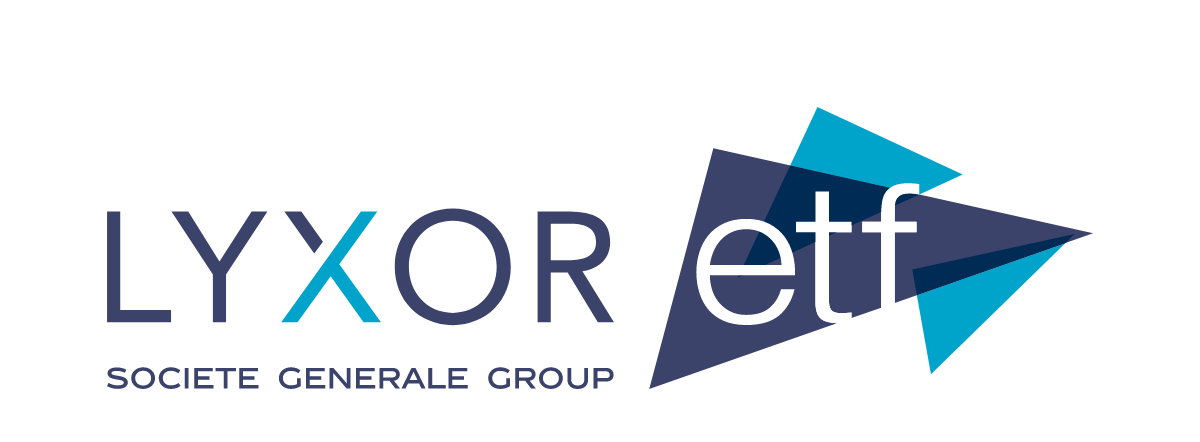The enthusiasm displayed in recent years for socially responsible investing - or ESG (environmental, social and governance) in the jargon of the fund management sector - is a reflection broader social trends and in this respect the new Lyxor Gender Equality ETF has been a long time coming. The new fund follows in the footsteps of the Evolve North American Gender Diversity Index ETF (HERS) launched in September 2017 and this new fund works again with the Equileap organisation, which promotes gender equality issues, and index provider Solactive to engineer the appropriate measures to assess over 3,000 companies across 23 countries against a range of criteria.
ETF Stream
spoke to Clarisse Djabbari, deputy head of Lyxor ETF about the new fund and how it hopes that it will work both in terms of social and investment rationales.
Why do you think now is the right time to be launching an ETF fund dedicated to gender equality?
It's partly investment rationale and partly social. From the investment side, our research tells us that more gender balanced companies perform better. Companies who are most equal tend to have a more loyal and motivated workforce, and find it easier to recruit new staff. Greater diversity at the board level has also been linked to better decision making and risk management. Over six years, the Global Gender Equality strategy (the underlying of Lyxor's ETF) outperformed the MSCI World Index by 10.7%. Socially and morally speaking, we as a business want to have a positive impact on the world around us. Gender equality is a hot topic at the moment, it's one of the UN's sustainable development goals. So we want to do what we can to accelerate that process, our ETF should help investors to channel their money towards companies who are truly committed to equality, encouraging others to meet the challenge.
What are the difficulties of putting together an index for such a fund?
It's our job as ETF provider to find the right index, to choose whatever is most appropriate for the task at hand. In this case, we decided to work with Equileap. Equileap has the most comprehensive corporate data for companies with a market capitalization of more than $2bn. Their global database ranks over 3000 publicly-traded companies from 23 developed countries according to their policies and practices on Gender Equality. Their unique database is built in collaboration with the Sustainable Finance Group at Maastricht University. Equileap is a social venture that aims to accelerate progress towards gender equity in the workplace as a vital lever in reducing poverty and inequality. Their aim is to drive investment, raise awareness and support vulnerable women and girls by funding vital social impact projects. Inspired by the UN Women's Empowerment Principles, Equileap have developed a dedicated Gender Scorecard which assesses and ranks companies on up to 19 individual gender equality criteria. Each of the 3048 companies of their database is ranked according to four key categories:
Gender Balance in Leadership and Workforce
Equal Compensation and Work/Life Balance
Policies Promoting Gender Equality
Commitment to Women's Empowerment
Which type of investors do you think the fund will appeal to?
For whom is equality not a priority? The truth is that we're expecting this ETF to be relevant across the spectrum. On the individual side, there's more scrutiny on the social aspect of investing. When individuals buy fair-trade coffee, drive an electric car and wear sweatshop-free clothing, they don't want to leave their morals behind at their investments. We hear this often - ESG is a top consideration amongst the growing mass of millennial investors. From institutions, there's a regulatory pressure for managers to be considering socially responsible issues in their process. We see this particularly in northern Europe, it's well established in the Nordic countries and the Netherlands.
What are the potential downsides to this fund?
Yes, gender is a relatively new stream within socially responsible investing. One problem often faced by ethical investments is diversification. They tend to be skewed to certain industries, certain countries. We've tried to account for this in our index construction. Stocks are equal weighted in the portfolio with no premium to the largest companies. There is a minimum 50% weight for US companies, which compares with 59% in the MSCI World index. Countries are also capped at 10% in order to maintain diversification. Currently the strategy significantly underweights the US in comparison to the MSCI world and removes Japan all together. Instead it overweights the UK, Nordics, Australia, France and Germany where companies tend to be more equality-advanced. Similarly, industry groups are capped at 25% of the index composition. Telecoms and utilities do well in the index whereas IT, consumer staples and industrials are underweighted. We rebalance annually so this can change in the future.
What type of backtesting has been done with regard to companies that follow gender equality policies?
We have backtested thoroughly with Solactive and Equileap and we're satisfied with the progress. Investors don't want to leave their morals at the stockbroker's door, but nor do they want to compromise on performance. We've analysed the data and the index has performed well in backtests, outperforming the MSCI World. I can't make any guarantees about the future, but with the social pressure on women's equality, I'm optimistic about the future.


